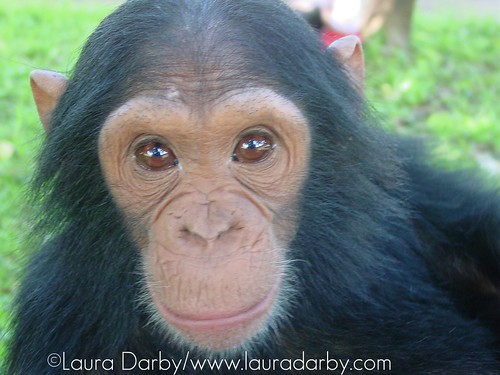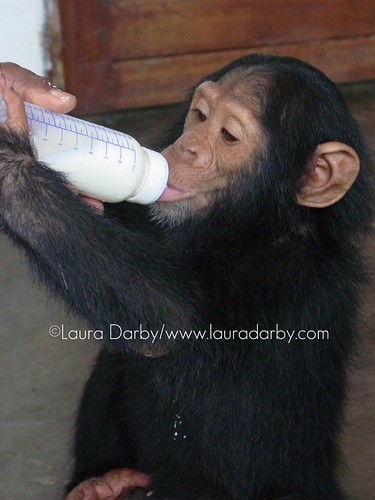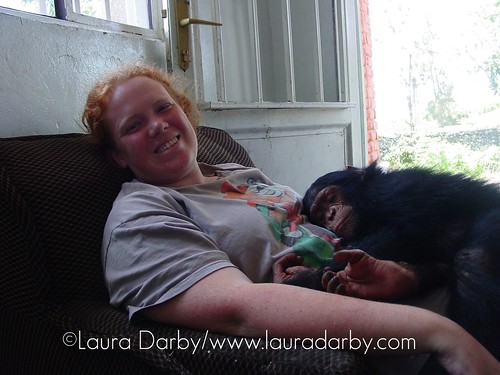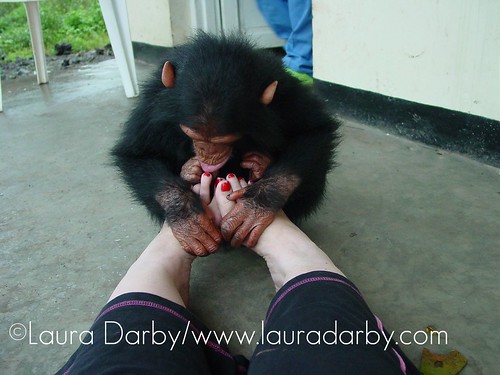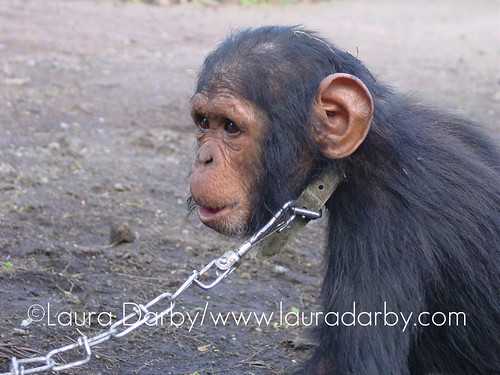
I’m a bit disturbed upon finding out that a lot of my traffic from Google is coming from people searching for “chimpanzees for sale”
I don’t know how to say this strongly enough, but no. Chimpanzees are NOT pets. Can you imagine asking your Aunt Joan to keep her son Bobby as a pet? It’s nearly as outrageous a question.
Chimpanzees need their own mothers -- they’re raised by them their whole lives and aren’t even weaned until 4 or 5. It’s people who are looking for chimpanzees as pets that fuel the pet trade.
It’s an infuriating question, because you want to be mean and yell at people for being ignorant, but you also want to reason with them and explain WHY it’s a bad idea, and people tend not to listen if you’re screaming.
One of the reasons that I and countless others must dedicate our lives to protecting chimpanzees and gorillas and caring for them in sanctuaries is because they were “spared” for their value as pets. Mistreated, malnourished, abused at the hands of their captors, it’s a miserable life. The bulk of chimpanzees do not even make it into sanctuaries or loving homes. They’re left at roadsides, for sale, sitting melancholy with chains around their necks and amoebas in their bellies. Most die.
For every chimpanzee orphan, you must assume that a family of chimpanzees had to die for the infant to be taken. Would you let a stranger take your baby without a fight?
Regarding the safety of owners of chimpanzees, they grow incredibly fast and a four year old will probably be as strong as four of you. They’re territorial, unpredictable, and can’t communicate with you in any way you’ll understand other than biting and screaming. And trust me, their teeth are SHARP.
Male chimpanzees don’t like other males invading their territory, and they want to be as efficient as possible in their attack, so they go for the dangling, external bits. Like your fingers.
And your balls.
So if you want to have your fingers bitten off and your balls ripped off, sure, go ahead and have a chimp as a pet.
Some other opinions:
From Lola Ya Bonobo (a bonobo sanctuary in DRC)
From the Humane Society
